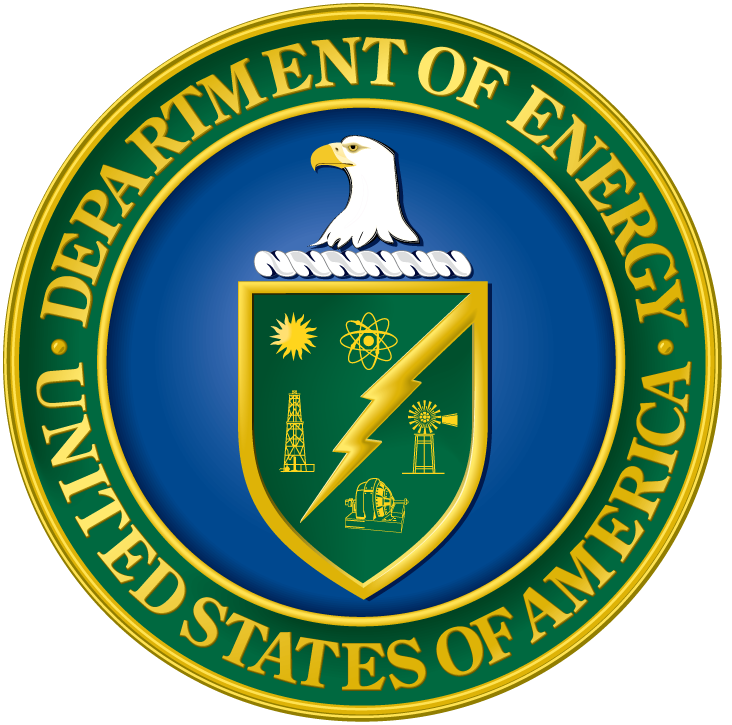Part 1 of 2 Parts
Two days ago, a broad coalition of fifteen industry groups including labor unions, state public service commissions, clean energy organizations and energy trade associations sent a letter the leaders of the U.S. House and Senate urging them to take swift action on finding a permanent solution to the problem of disposing of spent nuclear fuel. Among the organizations sending the letter were the Nuclear Energy Institute (NEI), the American Public Power Association, the National Rural Electric Cooperative Association, and the Edison Electric Institute—along with the National Association of Regulatory Utility Commissioners, which is a group of state regulators.
The letter pointed out that there had been no progress on the Yucca Mountain repository license application and that consolidated temporary storage was simply “untenable.” The letter said, “It is time for the federal government to meet its statutory and contractual obligations. Utilities and their electricity customers have done their part.” At this time, it is estimated that eight hundred thousand metric tons of spent nuclear fuel are contained in temporary storage at seventy-five reactor sites in thirty-three state.
Under the Nuclear Waste Policy Act of 1982, the U.S. Department of Energy was obligated to create a permanent geologic repository for spent nuclear fuel from U.S. commercial nuclear power reactors. The repository was to be finished and ready to operate by 1999. In anticipation of the availability of this facility, the DoE began collecting a fee from all the operators of commercial nuclear power reactors. The fee was ultimately collected from ratepayers who purchased electricity from nuclear power.
Unfortunately, 1999 came and went with no facility being completed. The DoE was working on creating such a facility at Yucca Mountain in Nevada, but that plan was cancelled in 2009 by the U.S. President and the U.S. Congress. In the meantime, over forty billion dollars was collected from nuclear plant operators by the DoE. It is accumulating interest of about one and three quarters billion dollars a year from investment in Treasury securities.
When the 1999 deadline passed, owners of commercial nuclear power plants began to file lawsuits to claw back those payments to the DoE. So far, forty lawsuits have been settles with paybacks of seven billion four hundred thousand dollars. Another fifty-seven lawsuits have been resolved.
The letter said, “taxpayers have been saddled with the federal government’s inaction,” and “billions [of dollars] more in liability continuing to mount.” The letter pointed out that the nuclear industry employs about a hundred thousand people directly and almost five hundred thousand people indirectly.
The letter went on to say, “Yet the lack of a strong used fuel management program has stymied public support of nuclear power for the existing fleet as well as advanced reactors currently under development. This is unfortunate as the overwhelming scientific evidence clearly demonstrates that used nuclear fuel can be stored, transported, and disposed of safely.”
Last May, the U.S. House of Representatives passed the Nuclear Waste Policy Amendments Act of 2018. Previously, the condition for a license for the Yucca Mountain repository was dependent on the satisfaction of public land use laws. Under the new bill, the license process would be completely under the control of the DoE. The bill would also permit the temporary storage of spent nuclear fuel at interim storage facilities licensed by the NRC but owned by non-federal entities. Under the bill, the storage capacity of a Yucca Mountain repository would be raised from seventy thousand metric tons to one hundred and ten metric tons. The U.S. Senate has failed to ratify this House bill.
Please read Part 2
